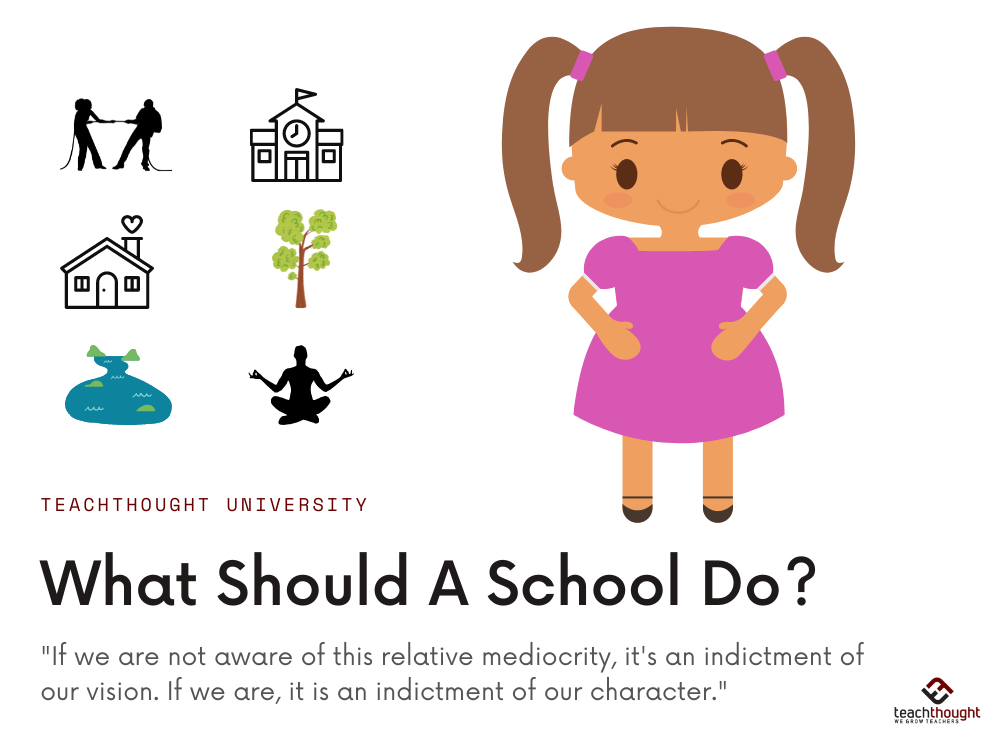
I. Human beings are capable of extraordinary joy and extraordinary suffering.
II. Suffering is inherent in the human condition and is not entirely correctable.
III. Suffering that occurs as a kind of product–something occurring by design–is, however, correctable.
IV. Many of the issues that cause suffering do, in fact, occur ‘by design’ and are thus correctable.
V. Identifying and prioritizing these ‘issues’ is the work of a culture and its human infrastructure.
VI. This will not happen automatically, nor without great effort, affection, patience, and a willingness to not reach for ‘quick solutions.’
VII. The ability to prioritize and confront and begin to correct these ‘issues’ (a purposely vague word that is general enough to convey the premise without it being necessary to actually ‘pick’ and frame issues [yet]) comes from the ability to empathize consistently, connect meaningfully, and think critically, rationally, and with intellectual care and human affection.
VIII. As a culture, one of our primary mechanisms for producing a citizenry capable of and tending to “think critically, rationally, and with intellectual care and human affection” is ‘school.’
IX. While this is obviously subjective and certainly at the very least arguable, by the overwhelmingly vast majority of measures (the health of our environment a notable exception), the ‘world’ is better today than it’s ever been. (Read Enlightenment Now: The Case for Reason, Science, Humanism, and Progress by Steven Pinker, for reference.)
X. Two (of many) possibilities: that school ‘works’ and is in large part responsible for these improvements or these improvements have come in lieu of school and its relative efficacy.
XI. Either way, it likely doesn’t need proving that though teachers work harder than ever in (and out of) the classroom, the fundamental design of our tools of educating–curriculum, assessment, and instruction, for example–rarely benefit from our collective genius as a species. Put another way, school as it is can’t possibly be our best thinking.
XII. Considering the importance of knowledge (and one of its primary causes, education), if we are not aware of this relative mediocrity and fail to respond with our most careful, creative, affectionate, and critical thinking, that’s an indictment of our vision. If we are, it is an indictment of our collective character.
XIII. One powerful way to begin to address issues like climate change and our susceptibility to propaganda and Sandy Hook and bias and discrimination and war and mental health and poverty and so on–so many of these both causes and effects of our capacity for joy and our capacity for suffering–is through the ability and tendency to access and prioritize and use knowledge to improve our collective condition. (Critical thinking –> critical literacy.)
XIV. This, of course, must begin–and most vigorously thrive–at home and not at ‘school.’
XV. How, then, should we respond to this question: What role do schools play in the physical and mental well-being of their students, teachers, and surrounding communities? What is a ‘good school’?
Terrell Heick 2025-02-19 14:50:08
Source link

